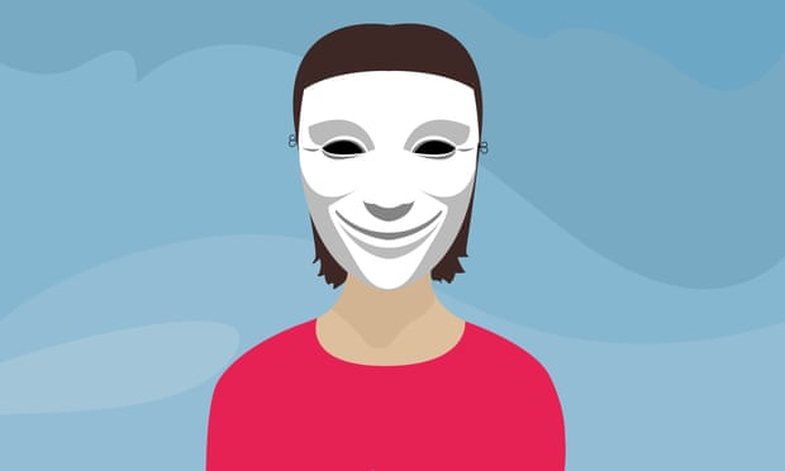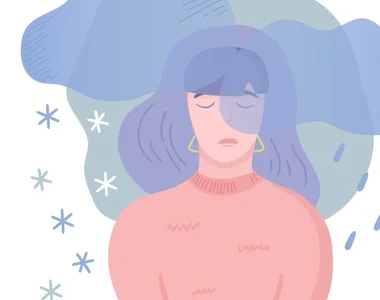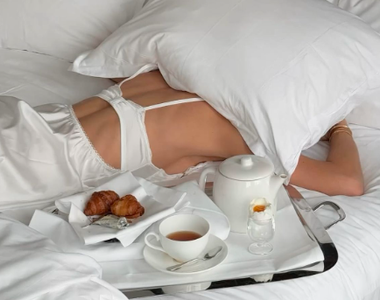
In my daily life, when I see someone who looks happy, I expect them to feel that way. I do not think much - it is a reflex. I casually look at a smiling face and make sure everything is okay. It takes a conscious effort to remind yourself of a fact that psychiatrists know very well, but perhaps need to know more: cheerful behavior can be overly deceptive.
The concept of "happy" depression is well known in art and life, with examples ranging from Pagliaccio to Robin Williams. It seems strange to think that people can be very depressed - with all the terrible symptoms - yet they manage to hide this, sometimes even from family. Is their depression real because they manage to go to work, smile, and even make jokes? I think yes. There may come a time when even the happy depression will be revealed, and they will not be able to preserve the façade for very long.
But does that mean they suffer less when they smile? No: in fact, this appearance, the weight of a wrong sense of responsibility towards others, can be one of the most serious aspects of mental health. Losing a smile can also be a relief.
All of this is important to psychiatrists because we spend a lot of time assessing risk. I have no argument with this, as of course we want to save people from harming ourselves and, much less often, from hurting others. Risk assessment is not an accurate science, and we may have to be extremely careful. Sometimes, despite our best efforts, we get it wrong.
The problem is that risk assessment becomes the main and may be the main purpose of contact with patients. No health professional wants to carry the heavy burden of death, perhaps complicated by an investigation and fear of losing their livelihood. It's not just the desire to keep out of trouble. We do not forget people who die; we may not experience the same pain as their families, but there will always be regret and sadness.
When I learned about depressive disorder, I heard about melancholy. I read that people slow down, look sad or empty. They speak quietly, often in gaps. Sometimes they are worried. Their sleep is disturbed, they barely eat and their thoughts are dark. We have all seen these people and they are often very bad. But what about hilarious depressions?
It can be more complicated to assess their risk: a rigid approach can make the psychiatrist believe it is okay. But a broader conversation can reveal more. It is simply difficult for the psychiatrist, with limited time, to reach him.
From my personal experience I say of course that what you see is not always what you get. I feel depressed before my appearance looks like that. And at that time, if I say I'm depressed, the answer will be: Well, you look good, you look really good. I know people want me to be good and that in most cases it is not more than that, but it is very difficult. Later, I may not feel bad and be told "you look horrible" simply because I did not put on makeup. Nor is this to be applauded.
Therefore, beware of the false security of the smile. The view is less useful as a diagnostic tool than previously believed. At a time when mental health is clear from the outside, it is probably really very bad. Lesson, for psychiatrists and for all of us? Listen to people; Listen to what they say. They may be saying something their face cannot express.
- Written for the Guardian by Rebecca Lawrence, psychiatric counseling expert.








